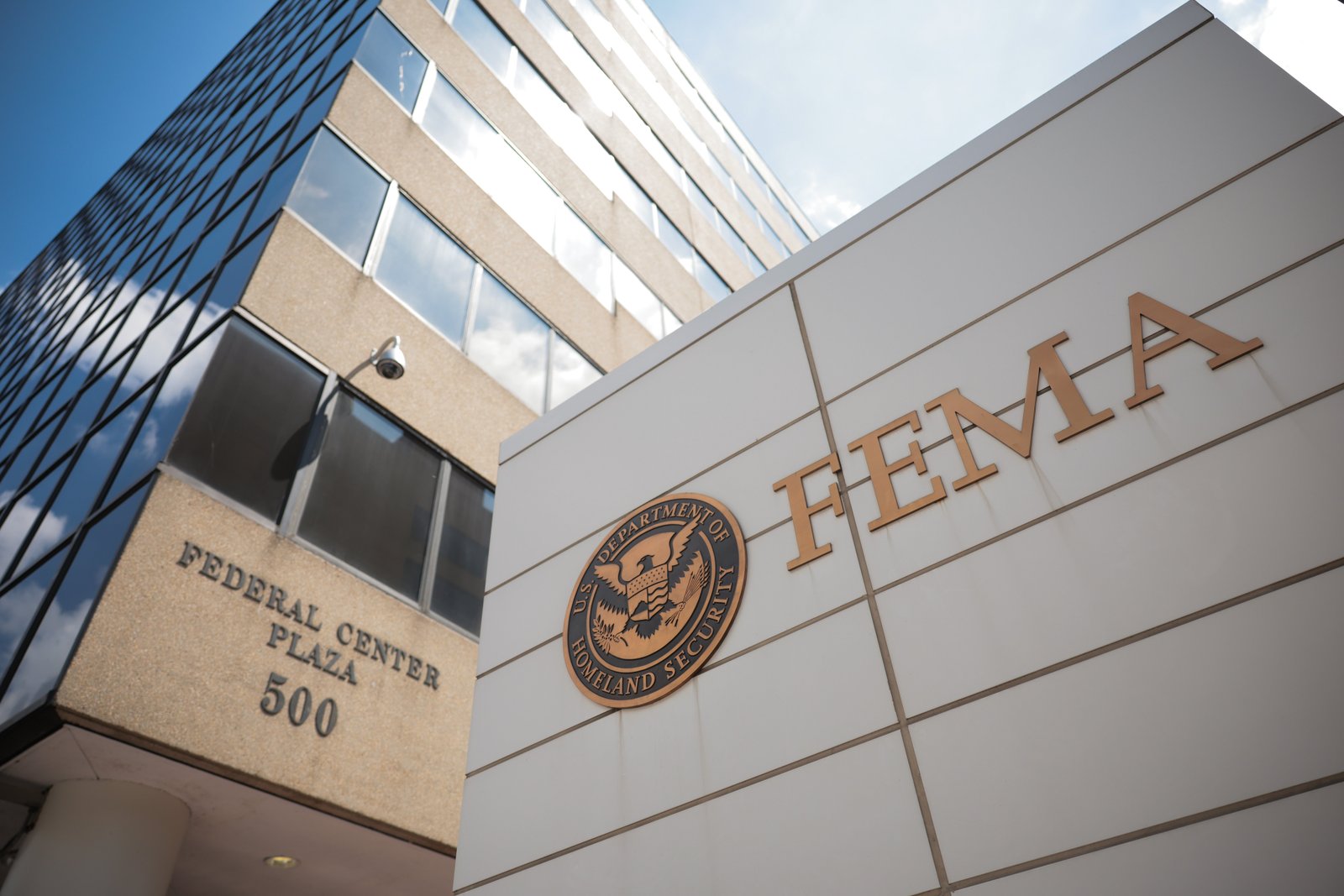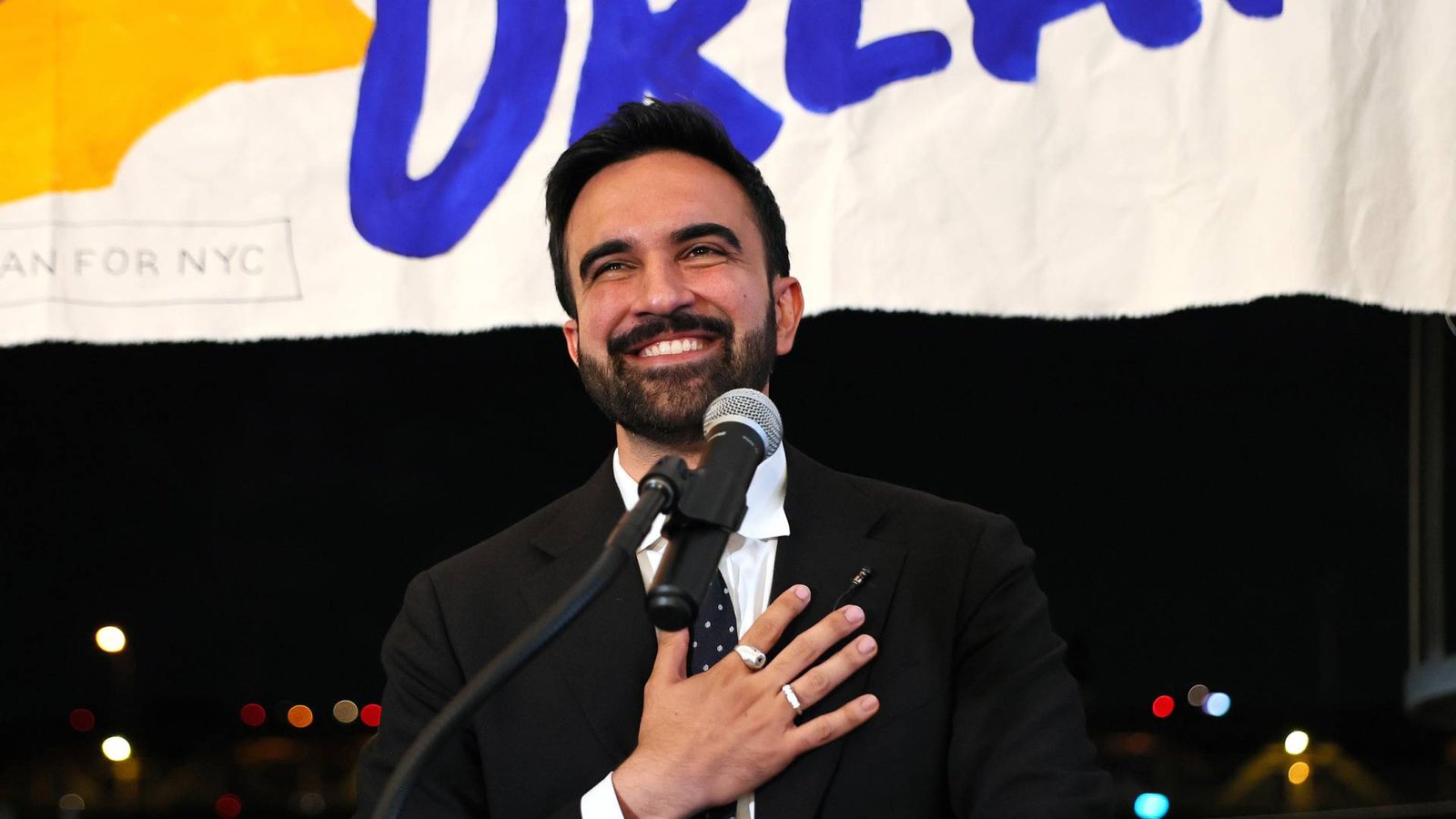The ongoing conflict between Israel and Palestine has become a defining issue in global politics, and the United States is no exception. Karam Dana’s new book, To Stand with Palestine: Transnational Resistance and Political Evolution in the US (Columbia University Press, 2025), explores the changing dynamics of American public opinion and activism in relation to Palestine. Dana highlights how the Palestinian struggle has moved beyond regional borders, gaining international support, and challenging Israel’s narrative. This shift, fueled by tragic events such as the recent violence in Gaza, is reshaping the conversation around Palestine in the US.
The Palestinian Struggle: A Transnational Endeavour
In his book, Dana underscores that the fight for Palestinian rights is no longer isolated to the Middle East. It is a global cause, gaining momentum from activists and communities across the world. The Palestinian narrative is increasingly resonating with people far beyond the region, including in the United States, where solidarity movements are growing. This shift is not just a reaction to the violence but is also rooted in a larger movement against settler-colonialism. Dana asserts that the story of Palestine is about continued colonisation, fragmentation, and social dismemberment, which has spread across the globe, forcing Palestinians into diaspora. However, it is also a story of never-ending anti-colonial struggle.
The Impact of Recent Events: A Shift in Public Opinion
While Dana’s book does not focus on the events of October 7, 2023, and the subsequent escalation of violence, he acknowledges that these tragic events have only amplified the arguments he presents. In the wake of Israel’s actions in Gaza, Dana observes a notable shift in American public opinion. A poll conducted just days after October 7 revealed that 41% of Americans supported US aid to Israel. However, by the following month, that number had decreased to 32%. This change reflects the growing awareness of the humanitarian crisis in Gaza and the increasing calls for accountability from both the US government and its citizens.
Vilification and De-legitimisation of Palestinian Struggles
One of the main themes Dana discusses is the vilification of Palestinians and the de-legitimisation of their struggle for justice. For years, Palestinians have been portrayed as terrorists in Western media, and their calls for freedom have often been dismissed as extremist. Dana critiques this portrayal, arguing that it serves to undermine legitimate calls for self-determination. He emphasizes the importance of recognizing the Palestinians’ right to resist colonization and occupation, framing it within the larger context of anti-colonial movements worldwide.
The Rise of New Voices and Global Support
Dana highlights how recent global changes have created space for Palestinian narratives to be heard more widely. With the rise of social media and the proliferation of alternative news sources, the Palestinian cause has gained new visibility. These platforms have allowed voices of solidarity from various corners of the world to challenge Israel’s dominant narrative. Dana notes that these emergent voices are increasingly difficult to ignore, as they speak directly to the international community about the reality of life under occupation.
The Challenge to Israel’s Narrative
For decades, Israel has maintained a powerful narrative that frames its actions as a defense against terrorism. This narrative has been widely accepted in the West, where media coverage has often focused on the threat posed by Palestinian groups rather than the underlying causes of the conflict. However, Dana argues that the emergence of global solidarity movements and the increasing visibility of Palestinian voices is putting pressure on this narrative. The challenge, Dana writes, is not just about advocating for Palestinian rights but also about confronting the broader system of settler-colonialism that has long shaped the region.
Palestine as the Test of Humanity
Dana concludes that the struggle for Palestine is not just a political issue; it is a moral test. He writes, Palestine has become the true test of one’s very own humanity. This statement underscores the ethical dimension of the conflict. For many, supporting Palestine is a stand against injustice, one that transcends political affiliations and national borders. It is a call for accountability, for recognizing the humanity of those who have suffered under occupation for decades.







